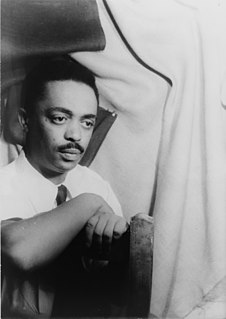A Quote by Hugh Masekela
I just came from South Africa, a place that had been in a perpetual uprising since 1653, so the uprising had become a way of life in our culture and we grew up with rallies and strikes and marches and boycotts.
Related Quotes
In South Africa, being Chinese meant I wasn't white and I wasn't black. I trained in Baragwanath Hospital, the largest black hospital in South Africa. That was around 1976, the time of the Soweto Uprising, when police fired on children and students who were protesting. I was part of the group of interns who volunteered to treat them.
We were land-based agrarian people from Africa. We were uprooted from Africa, and we spent 200 years developing our culture as black Americans. And then we left the South. We uprooted ourselves and attempted to transplant this culture to the pavements of the industrialized North. And it was a transplant that did not take. I think if we had stayed in the South, we would have been a stronger people. And because the connection between the South of the 20's, 30's and 40's has been broken, it's very difficult to understand who we are.
I grew up in the age of discount air fare, and for me, the act of joining a culture was a great way about learning about that different culture. So I grew up in the South, and went to college in the North, and found out that I learned about myself as a Southerner by leaving the South and going to the Northeast.
When I was in government, the South African economy was growing at 4.5% - 5%. But then came the global financial crisis of 2008/2009, and so the global economy shrunk. That hit South Africa very hard, because then the export markets shrunk, and that includes China, which has become one of the main trade partners with South Africa. Also, the slowdown in the Chinese economy affected South Africa. The result was that during that whole period, South Africa lost something like a million jobs because of external factors.
For me, personally, life in South Africa had come to an end. I had been lucky in some of the whites I had met. Meeting them had made a straight 'all-blacks-are-good, all-whites-are-bad' attitude impossible. But I had reached a point where the gestures of even my friends among the whites were suspect, so I had to go or be forever lost.
In the weeks since I had made the decision to leave my father's house, I had grown up. And I had learned that not every battle can be fought by firing an arrow from a bow. But I would have to face whatever new challenges came my way as bravely as I had faced the Huns. I could not wallow in self-pity, thinking about what might have been. I had to do my duty. It was the only way to stay true to myself.




































